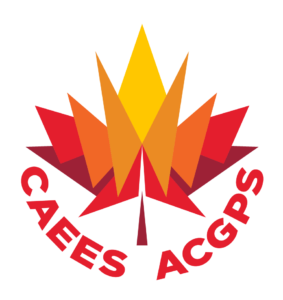Distinguished Webinar Series in Earthquake Engineering and Seismology
Organized by the Canadian Association of Earthquake Engineering and Seismology
Earthquakes and Earthquake Monitoring across Canada: Past, Present and Future
Date: Wednesday, January 24, 2023, Time: 3:00 p.m. EDT, 12:00 p.m. PDT
Registration Link: Event page
Abstract
More than 5000 earthquakes are recorded across Canada each year. Most are small and only a few dozen are felt each year – but large and damaging earthquakes (including some of the world’s largest) have occurred here in the past, and will again in the future. Seismic monitoring of earthquakes in Canada began in 1897 and is rapidly evolving today, with the deployment of 100’s of strong motion instruments across the country. This presentation describes the tectonics of Canada, the earthquake history, earthquake monitoring and advances in earthquake science with applications for earthquake engineering across Canada.
Presenter’s Biography:
Dr. John Cassidy is an earthquake seismologist and Senior Research Scientist with Natural Resources Canada in Sidney, BC. He leads the Geological Survey of Canada’s national “Assessing Earthquake and Volcanic Geohazards” Project and is an adjunct Professor at the University of Victoria, School of Earth and Ocean Sciences where he teaches courses and supervises graduate students. Dr. Cassidy specializes in earthquake hazard studies and earth structure studies, and during the past 30 years has published more than 235 scientific articles. John has served as Co-Chair of the British Columbia Seismic Safety Council for the past 12 years, and in 2010 was invited to travel through the hardest-hit parts of Chile following the M8.8 earthquake and tsunami as a member of the Canadian Association of Earthquake Engineers Chile Earthquake Reconnaissance Team. John was elected to the Board of Directors for the Canadian Association for Earthquake Engineering in 2021, and he works closely with the engineering community and emergency management organizations that utilize the results of earthquake science to help reduce the impacts of future earthquakes.
Registration
Attendees should register directly through the webinar event page on the CAEE website to receive the Zoom Webinar Link. This webinar is discounted for the CAEE members. Guests and non-members need to pay $30 as registration fee.

